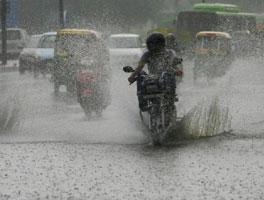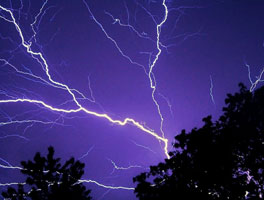 |
Dear readers,
This week we look into why the Indian monsoon has stalled, and the extreme temperatures and precipitation, diseases, flash floods and lightning strikes caused by heightening global warming. At this rate coastal areas may be unliveable by 2100, and the number of deaths will heighten.
On the renewable energy front, Chinese solar module prices have risen, and Europe bans disposal of decommissioned wind turbine blades in landfills.
To make sense of these trends, join our upcoming online training programme: An Introduction to Climate Change: Science, Politics and Impacts.
CSE’s recently launched book Climate Change: Science and Politics can be bought online from the
CSE store, and the e-book - State of India’s Environment 2021: In Figures is available on the DTE
website. |
|
 |
| |
 |
|
| |
Webinar |
|
| |
|
|
| |
 |
|
| |
 |
|
| |
| EXTREME WEATHER TRACKER |
| |
Why the monsoon stalled in 2021: Blame it on anomalous world weather, 12 July 2021
|
 |
 |
|
|
| |
 |
|
| |
 |
 |
Lightning strikes linked to climate change: 1,697 killed in a year in India, 12 July 2021
|
|
|
| |
 |
|
| |
|
|
| |
 |
|
| |
|
|
| |
|
|
| |
|
|
| |
 |
|
| |
CLIMATE NEWS | SCIENCE| IMPACTS| POLITICS |
|
| |
 |
|
| |
|
|
| |
 |
|
| |
|
|
| |
 |
|
| |
|
|
| |
 |
|
| |
|
|
| |
 |
|
| |
|
|
| |
|
|
| |
Training |
|
| |
 |
|
| |
|
|
| |
|
|
| |
 |
|
| |
|
|
| |
|
|